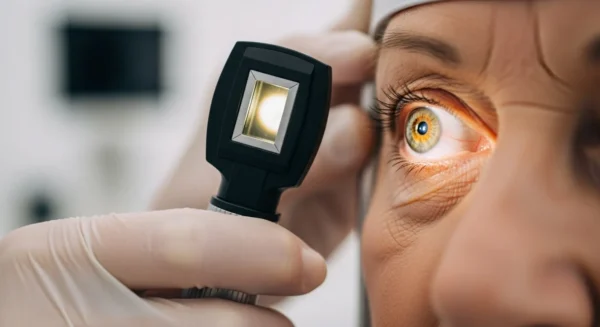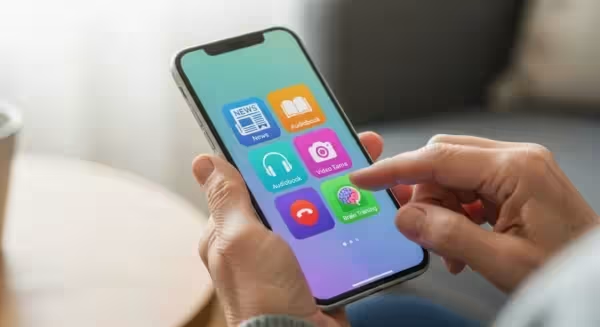
Frequently Asked Questions
1. Can brain-training apps prevent Alzheimer’s disease or dementia?
This is the most important question, and the answer is clear: No. Currently, there is no scientific evidence to suggest that any app or game can prevent, cure, or reverse Alzheimer’s disease or other forms of dementia. These are complex medical conditions. While engaging in mentally stimulating activities like brain training is part of a brain-healthy lifestyle recommended by experts, these apps should be seen as a supportive tool for general cognitive fitness, not as a medical treatment or preventative measure. Always consult a doctor for concerns about dementia.
2. Are the free brain-training apps as good as the ones that require a paid subscription?
Many free apps can be quite good and offer a solid variety of games. The primary difference is that free versions are often supported by advertisements, which can be distracting, or they may limit the number of games you can play each day. Paid subscription apps typically offer a more polished, ad-free experience with personalized tracking and a wider range of activities. A good strategy is to start with a free app or the free trial of a paid app. This allows you to see if you enjoy the format before committing to a subscription. The “best” app is the one you find easy to use and enjoy enough to use regularly.
3. How much time should I spend using these senior apps each day?
Most experts and the apps themselves recommend short, consistent sessions. A great starting point is 10 to 15 minutes per day, about 3 to 5 times a week. This is enough time to challenge your brain without leading to screen fatigue, eye strain, or frustration. It is more effective to have a short, focused session regularly than to spend an hour on the app once a week. Listen to your body—if your eyes feel tired or you feel mentally drained, it’s time to take a break.
4. Does Medicare cover the cost of brain-training apps?
In general, original Medicare (Part A and Part B) does not cover the cost of brain-training apps or other wellness programs. These are typically considered non-medical services. Some private Medicare Advantage (Part C) plans may offer supplemental wellness benefits that could potentially include subscriptions to health or fitness apps, but this is not common. It is best to assume you will have to pay for these apps out of pocket. For specific questions about your coverage, it is always best to refer to official sources. For insurance and medical coverage questions, refer to Medicare.gov.
5. Besides apps, what are other effective ways to keep my brain sharp?
Technology is just one tool! A holistic approach is always best for brain health. Other scientifically-supported methods include:
- Regular Physical Exercise: Activities like walking, swimming, or dancing increase blood flow to the brain.
- A Healthy Diet: A balanced diet rich in fruits, vegetables, and healthy fats (like the Mediterranean diet) is linked to better cognitive function.
- Social Engagement: Staying connected with friends, family, and your community is a powerful way to keep your brain active and healthy.
- Lifelong Learning: Challenge your brain by learning a new skill, like a musical instrument, a new language, or a craft.
- Getting Quality Sleep: Sleep is when the brain clears out toxins and consolidates memories. Aim for 7-9 hours per night.
For mental health support, consult the National Institute of Mental Health (NIMH).
Disclaimer: This article is for informational purposes only and does not constitute medical advice. The content is not intended to be a substitute for professional medical advice, diagnosis, or treatment. Always seek the advice of your physician or other qualified health provider with any questions you may have regarding a medical condition.















